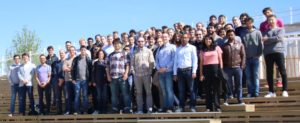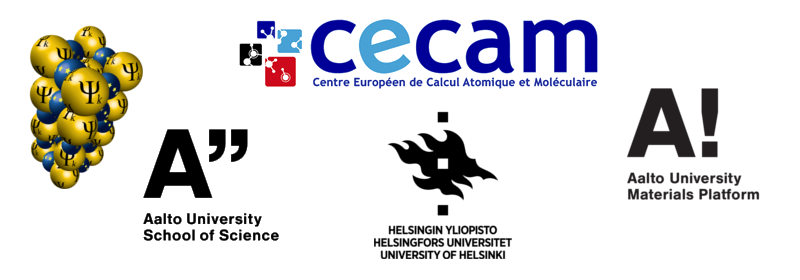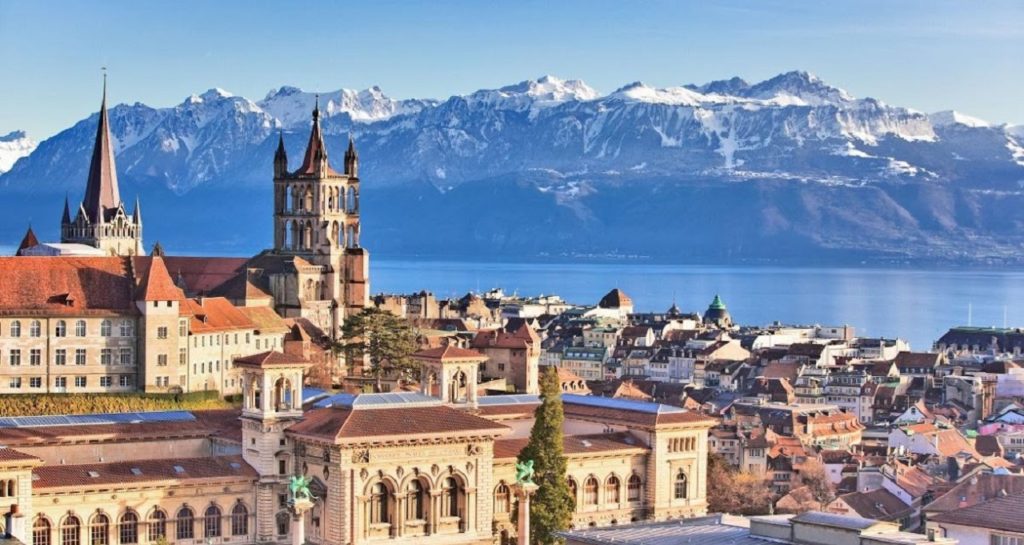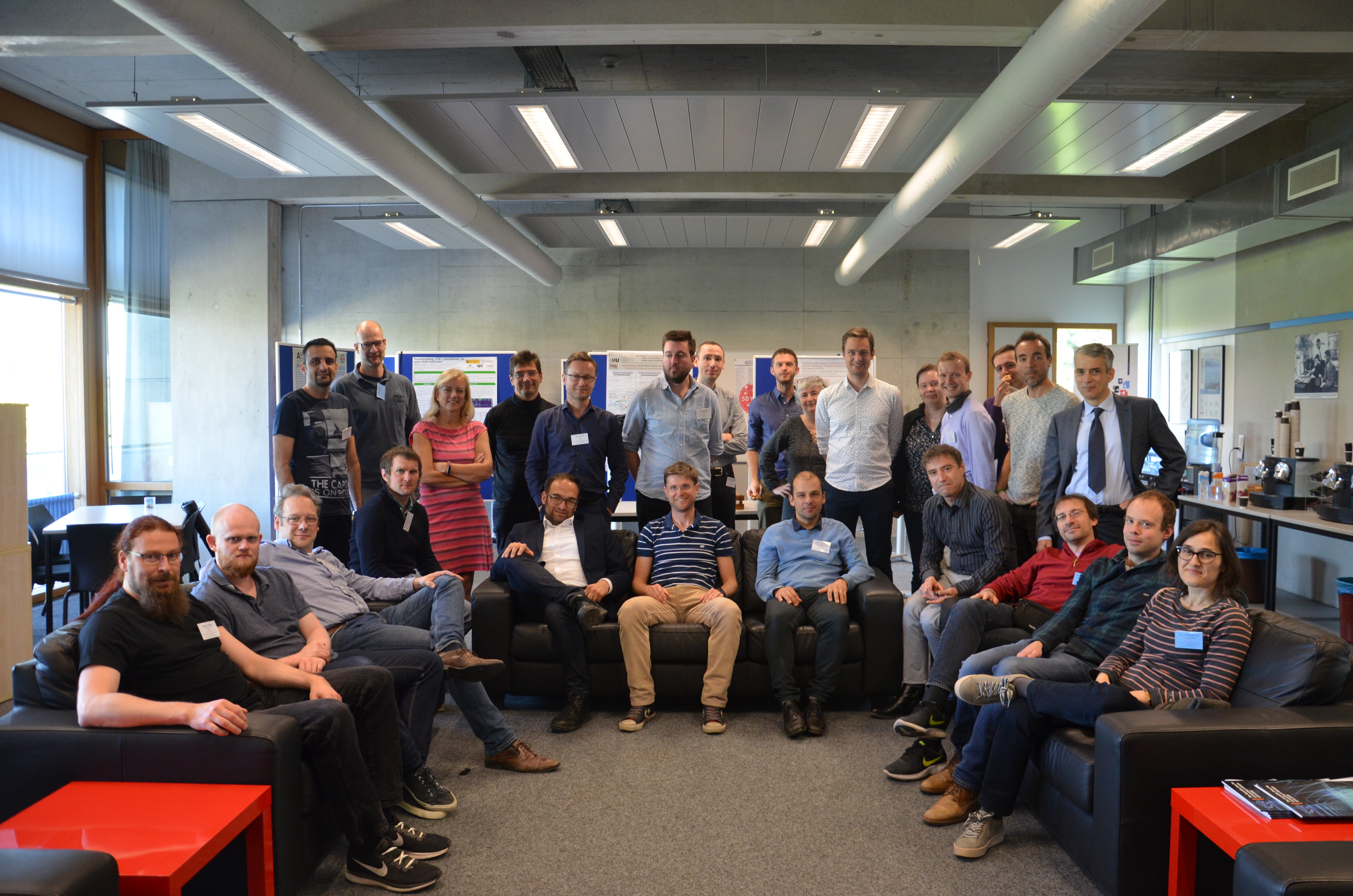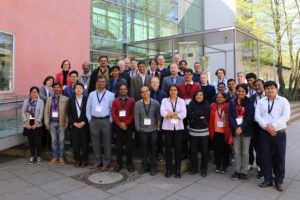The Young Researcher’s Workshop on Machine Learning for Material Science took place in the Aalto Design Factory, Espoo, Finland on date 06th-10th/05/2019. Workshop programme, abstract book, and workshop material (i.e. tutorial material, registration of talks and slides) for download can be found at https://ml4ms2019.aalto.fi/.
Below we resume the highlight of the event.
ML4MS SCHOOL
The first two days of the workshop involved introductory talks and a one-day long hands-on tutorial session. The aim of this initial workshop programme was to bestow the attendees with a pedagogical and practical introduction to the most established tools and techniques exploiting machine learning algorithms employed to solve outstanding problems in physical chemistry and chemical science.
On Monday, Dr. Luca Giringhelli introduced the attendees to the nuances of material space exploration via regularized and symbolic regression, together with a didactical intro on both supervised and unsupervised learning. The key role of descriptors that need to capture the complexity of the physical system under scrutiny was highlighted. A state of the art application to the agnostic and insightful classification of binary compounds was presented. The topics of open science, reproducibility and good use of repositories were also tackled in detail. Continue reading Young Researcher’s Workshop on Machine Learning for Material Science 2019 – report


